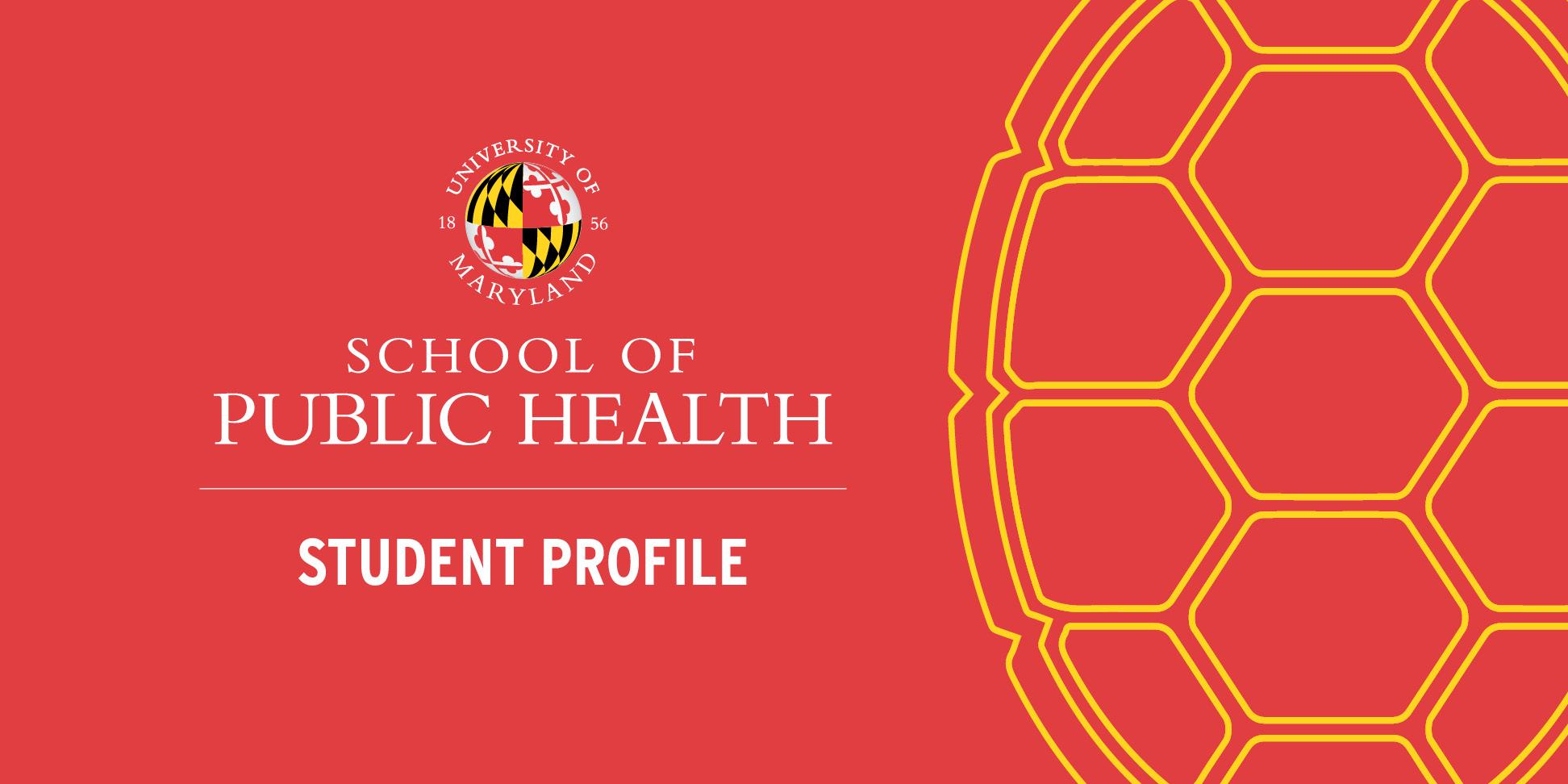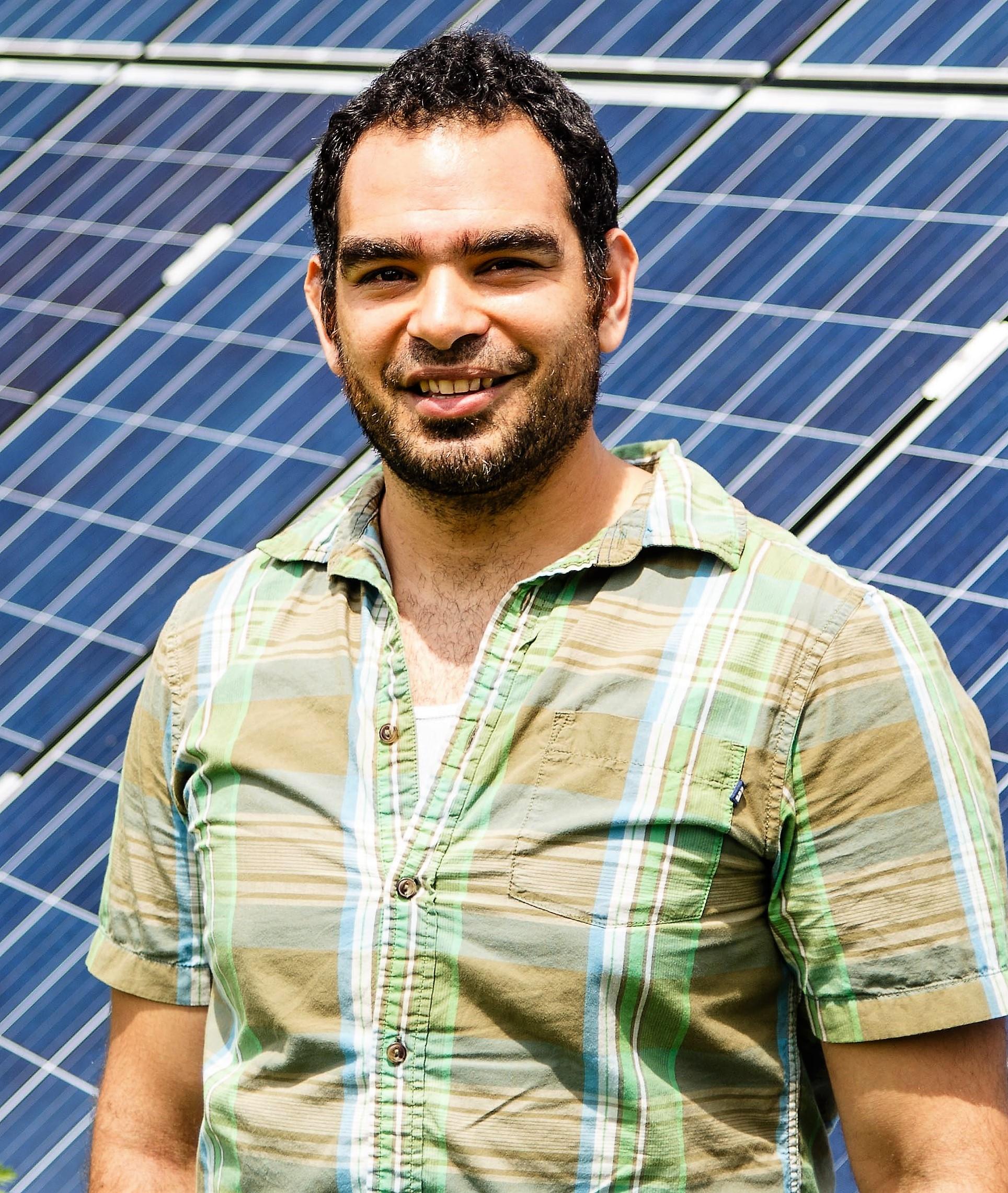

Richard Remigio
PhD, Environmental Health Sciences
In 2020, Richard Remigio successfully submitted and was awarded an R36 Dissertation grant. He defended his dissertation proposal and presented two abstracts at the International Society for Environmental Epidemiology (ISEE) virtual conference. Remigio is working on his dissertation and is about ready to defend it.
In one sentence, what is public health to you?
Public health is the system and the infrastructure that is put in place that either helps prevent disease or promote disease. When I think of public health, it’s along those lines, as far as the science of figuring out or trying to identify systems or ways that prevent or promote health.
What inspired you to study public health, and particularly, at UMD?
My journey was kind of a long path. I worked professionally as an environmental engineer for a little while, and then I got inspired by public health, the science of public health, and the goals and achievements of public health were actually through my job at the Environmental Protection Agency (EPA). I worked with a devoted and very smart team of epidemiologists, and I geeked out and wanted to learn and do what they were doing. I wanted to learn their language, so to speak, and also learn the skill set.
As far as how I wound up at UMD, it was both a professional and personal path. I wrapped up my master’s degree at my prior institution, Columbia. I was still interested in pursuing my PhD and focusing on climate health. Fortunately, the MIAEH program has very devoted faculty members that have had their fingers on the pulse, as far as climate health research and kind of not only just assessing risks but also trying to figure ways to mitigate and adapt.
What person or experience has had the greatest impact on you during your degree program?
I think earning my R36 was a huge deal. Even though it happened in my later phase of this PhD program, I think it bolstered my confidence, as far as being a contributing member of the public health community. If I were to go into a little bit of a more School of Public Health scale, the sort of interactions or folks that helped me along the way, I definitely would have to say my PhD community, my grad student community. While it might be like at the moment kind of seemingly insignificant and maybe non-consequential, just having the occasional check-ins, coffee talks or the occasional goofing off, have helped mentally and academically. This past year with Covid, that was one of the things that I sorely missed, just being able to chat with my counterparts and colleagues and not just catch up on life but also talk about public health and being able to learn through those informal channels.
How has your time at UMD’s School of Public Health shaped your career goals?
Aside from being in a program that has some outstanding and highly-devoted researchers, faculty and staff, I really appreciate the mission of MIAEH as an environmental health program. There’s the word “applied” into MIAEH. In the beginning, I didn't really appreciate it. I just kind of felt like, “Oh, yeah, it's just another word that's thrown in to, make them kind of different from other traditional environmental health science programs. But the word “applied” has resonated to me as far as to continue the work that’s beyond just finding risks or measuring exposures but to actually doing something about it and using the applications in a household, in a neighborhood community or a vulnerable population. Being able to use that information, applying it to those members of the community and finding a solution that helps protect them have been some of the great things about being in the UMD School of Public Health, specifically in MIAEH.
What do you think is the biggest challenge that the public health field should be focusing on?
I think hands down the role of climate change impacts on human health and the ongoing effects that we’re seeing. This past year, it’s been pertinent that there have been some record-breaking and extreme weather catastrophes within the United States. Those types of impacts affect communities with a great deal of health disparities, a great deal of economic disparities and more less-advantaged socioeconomic positions. The effects of the shared exposure should be on the very front of every public health program manager or scientist.
With the incoming administration, I’m excited to see that climate change is definitely at the forefront. Given that, I think there’s been a great deal of years devoted to banging the drum as far as climate change is going to happen. I think we’re at a point now where it is happening. Now, it’s up to those of us that are working in public health to reshape or reframe how we think about public health disparities, but now, in the context of climate change impacts.